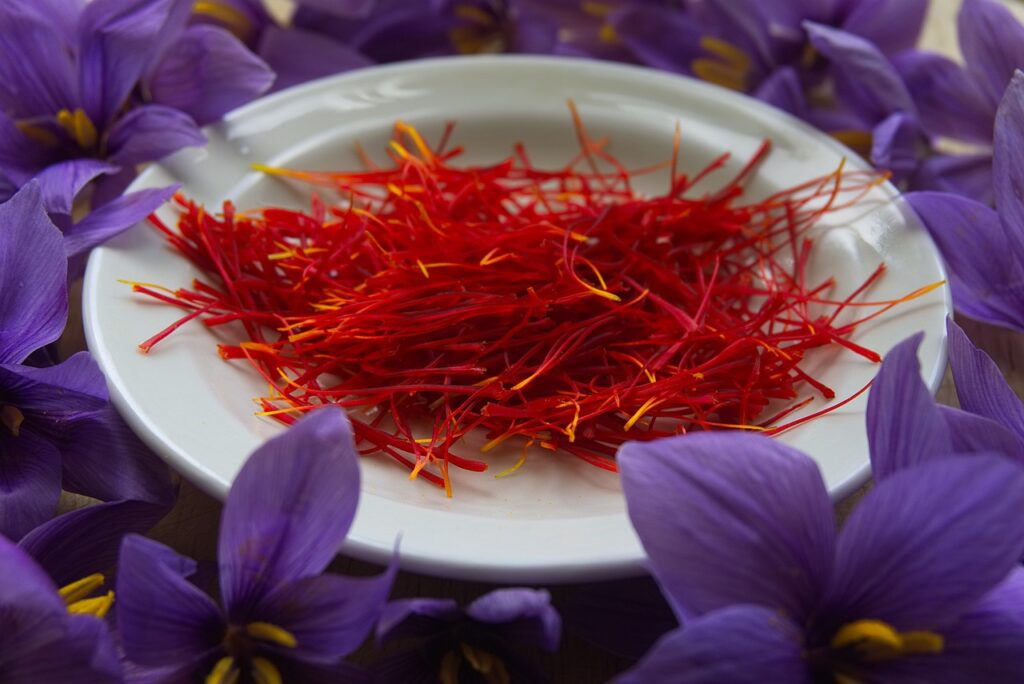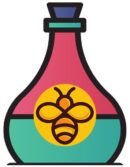
You may have heard the term “saffron” when cooking. It is a spice derived from the flower of the crocus sativus. Saffron’s medicinal use dates back over 3,500 years to ancient civilizations in Asia and the Mediterranean.
Here is a brief history of saffron as a medicine:
Ancient Sumerians: Saffron was used in ancient Sumer (modern-day southern Iraq) as a remedy for various ailments. Saffron’s healing properties were documented in cuneiform tablets.
Ancient Egypt: Saffron was highly regarded in ancient Egypt, where it was used in medicinal preparations and as a flavoring agent. It was often used to treat digestive and respiratory issues.
Ancient Greece: Greek physicians such as Hippocrates and Galen recognized the medicinal properties of saffron. They prescribed saffron as a treatment for various ailments, including gastrointestinal disorders, coughs, and skin conditions.
Ayurveda: In ancient India: Saffron was incorporated into the traditional Ayurvedic system of medicine. It was believed to have a wide range of healing properties and was used to treat conditions such as arthritis, respiratory disorders, and as an aphrodisiac.
Middle Ages: Saffron’s use as a medicinal herb continued through the Middle Ages in Europe. It was used to treat a variety of ailments, including infections, fevers, and to improve mood.
Renaissance: In the Renaissance era, saffron was considered a valuable medicinal herb. It was used to alleviate symptoms of the bubonic plague and other diseases, and it was believed to have antispasmodic and sedative properties.
Traditional Chinese Medicine: Saffron has been used in traditional Chinese medicine for centuries. It was believed to have properties that could help with pain relief, improving blood circulation, and promoting overall well-being.
Modern Medicine: In modern times, saffron has been the subject of scientific research, which has confirmed some of its potential health benefits. Saffron is known for its antioxidant properties and potential positive effects on mood. It has also been investigated for its potential role in managing conditions like Alzheimer’s disease, premenstrual syndrome (PMS), and more. Research is ongoing in the benefits of saffron.
Important Note: When using herbal supplements like saffron, it’s important to prioritize your health and safety. Saffron is generally considered safe for most people when used in moderate amounts, but it’s always a good idea to consult a physician before incorporating any new herbal supplements into your routine, especially if you have underlying health conditions. Please make sure to do additional research on the use of saffron and consult your health care professional before using.
